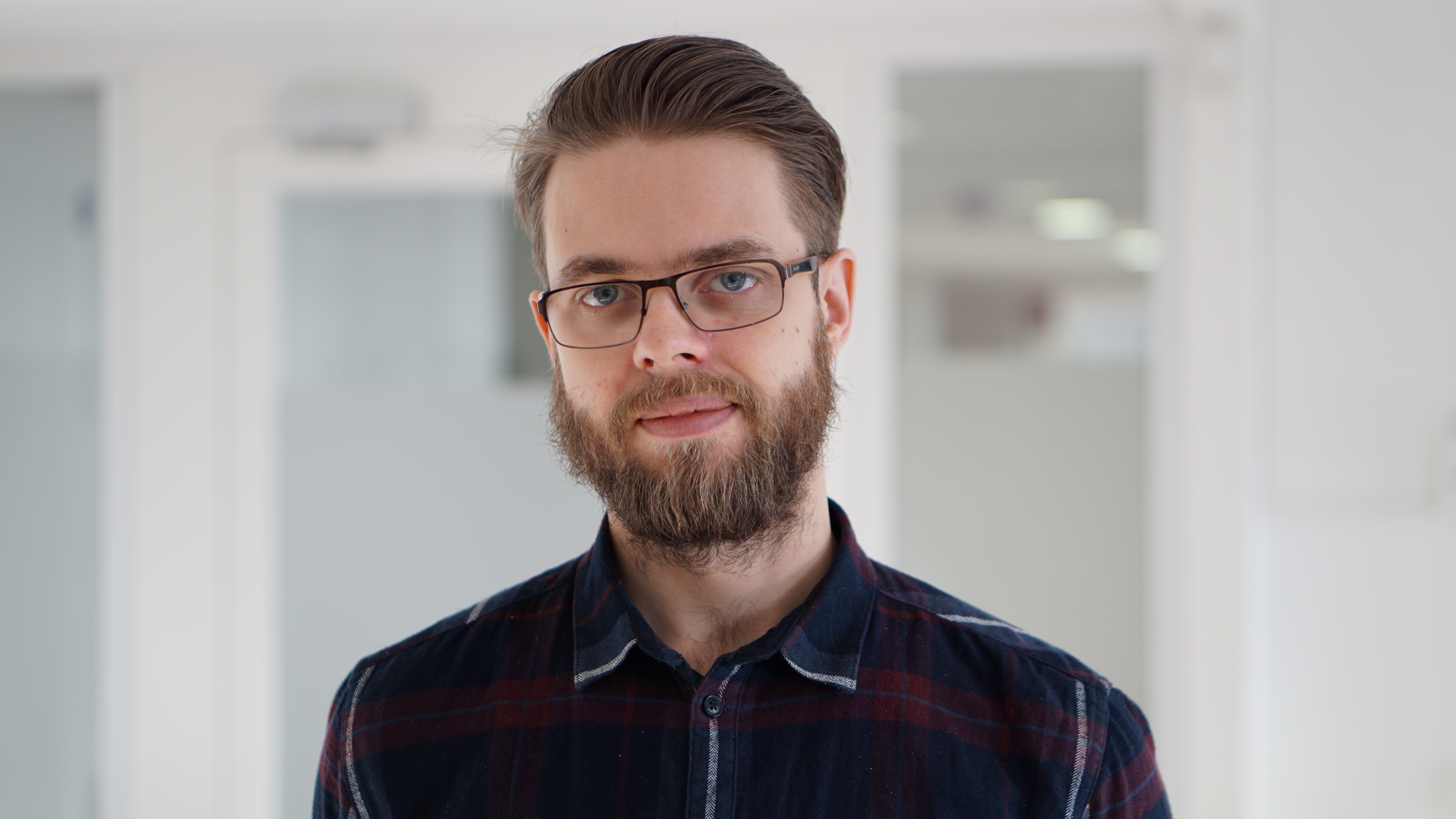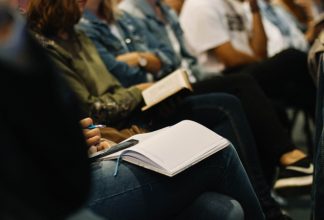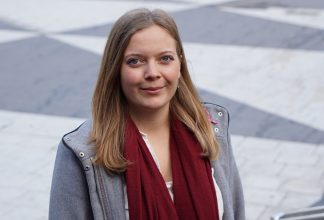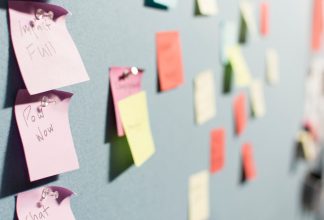Men* StepUp: We Can Do Better Than This
Editors note: Last week, a piece on the Internet Freedom Festival was posted on this blog, describing Civil Rights Defenders visit to the annual tech event in Valencia (click here to read). In this post our colleague Martin L. Fällman will share his experience of a workshop he held at IFF, a conversation battling questions of gender and allyship in the internet freedom community. Enjoy!

The past few years have been a painful rollercoaster ride for anyone active in the internet freedom community. First came the numerous public accusations of sexual abuse and misconduct against Jake Appelbaum, a loud and well-known advocate for privacy and anonymity. During 2016, Appelbaum fell from rockstar status to pariah within our spheres. Not long after, several other well-known men were outed as rapists and abusers.
For me, as a man in this community, it has been a terrible time. Especially as I see my female, trans, and gender non-conforming colleagues take on the enormous burden of setting things right, organizing efforts like Protect Our Spaces and developing effective codes of conduct for our projects, meetups, and conferences.
Meanwhile, men of the community tend to take a back seat and not put in any significant work to battle sexism. Why is this? One theory is the notion of “allyship” we are saddled with. In case you, the reader, are not part of US-style progressive circles, the concept of allyship goes a little like this: even though a person is not part of a specific marginalized or disadvantaged group, they can still be an ally to members of those groups. This means supporting their cause, boosting their voices, and… well, it often kind of ends there.
It is common that allyship starts and ends with men patting women on the back and saying: “good job!” Being an ally is reduced to performing social validation of someone else’s struggle, which in my opinion is ridiculous and unnecessary to begin with.
At this year’s Internet Freedom Festival, I thought we could take at least a small step in a more productive direction. As part of the Mental Health track (which also included sessions on PTSD, self-care and stress reduction) I organized an informal discussion with the title IFF Men* StepUp. I had particularly one question in mind: what can male allies do? About 24 men sat down in a circle and talked. We did not reach any spectacular conclusion, neither did we develop any clear action points.
However, we did learn some things:
Firstly, that we men need to be more uncomfortable, both allowing ourselves to feel others’ discomfort in social situations, as well as dare to be the ones to speak up on behalf of others — not to take over others’ issues, but to protest obvious unacceptable behavior when we see it.
Secondly, we should move beyond allyship, especially the going-through-the-motions kind, and focus on what really matters: offering aid and support, time and resources, backing, and using our voices to amplify those of others. We need to utilize the privilege we are given as men, and either use it to boost others or to take fights others can not.
This is not a manifesto, but it is a good check-in as we continue the struggle to make our community more equitable and welcoming. One of the beautiful things about the internet freedom community is our diversity of opinion, background, and culture, among a multitude of other factors. Making our community welcoming and safe for all is one of our most important tasks right now.
//Martin L. Fällman, Protection Officer Human Rights Defenders at Risk
Author’s note: Putting “men*” instead of “men” in the title of the talk was entirely intentional. The asterisk-notation is, in this case, a way of denoting that the term “men” is meant to include anyone who identifies as male or, in the extended meaning I like to use, does not not identify as male. I am aware of the ongoing discussion around the use of the asterisk in the trans community; the use of “men*” is not a comment on that, nor related in any way.


